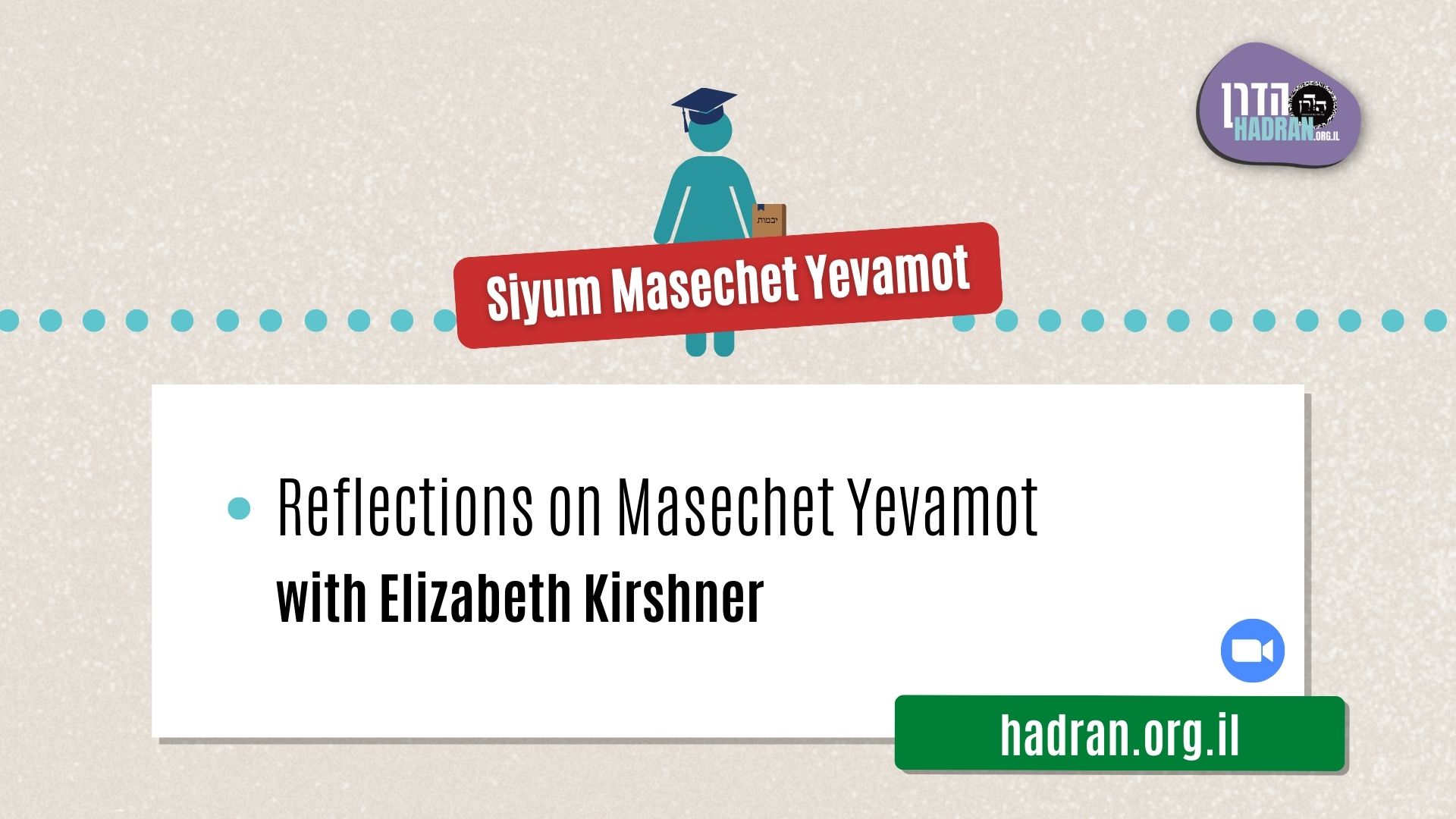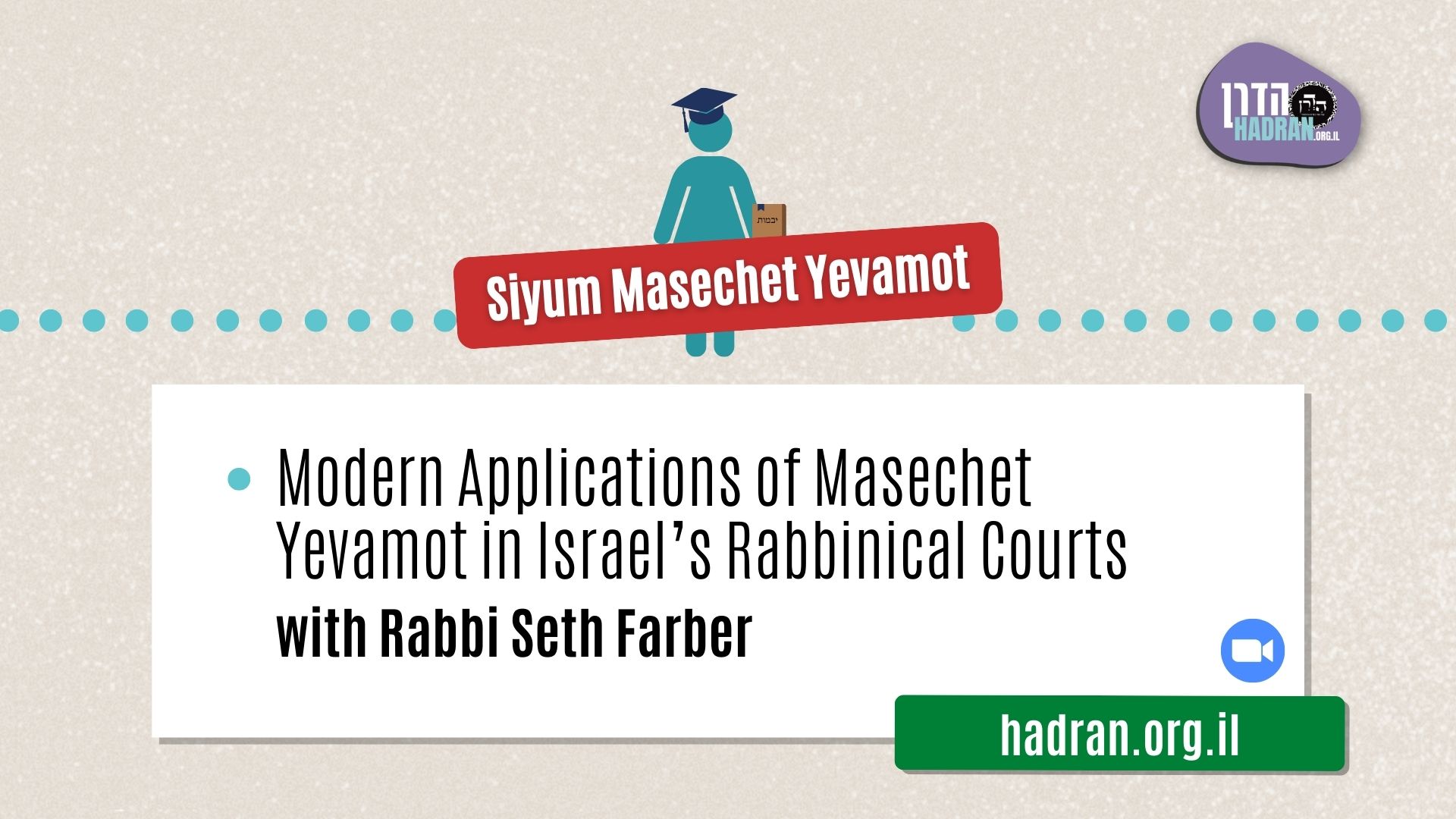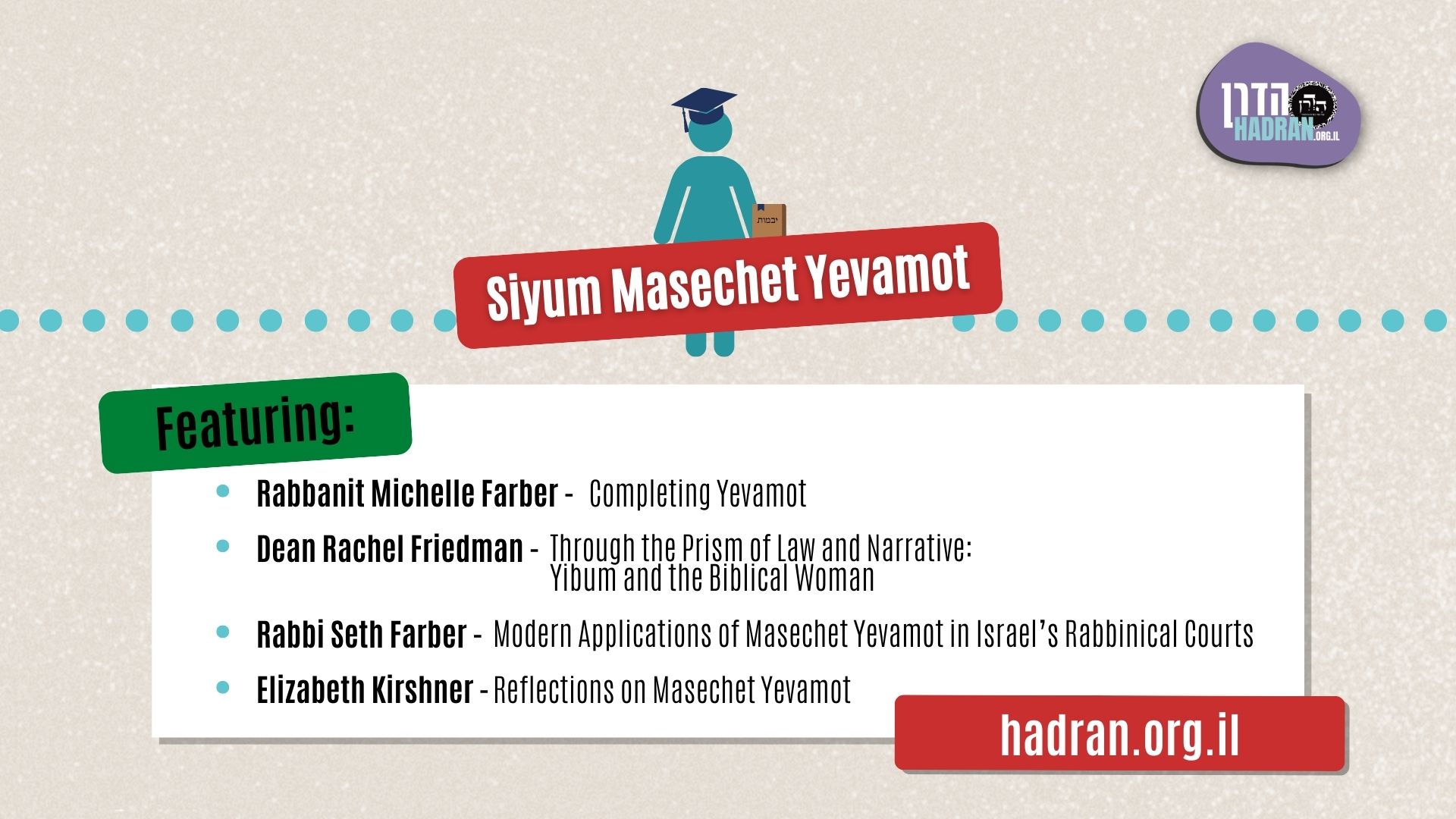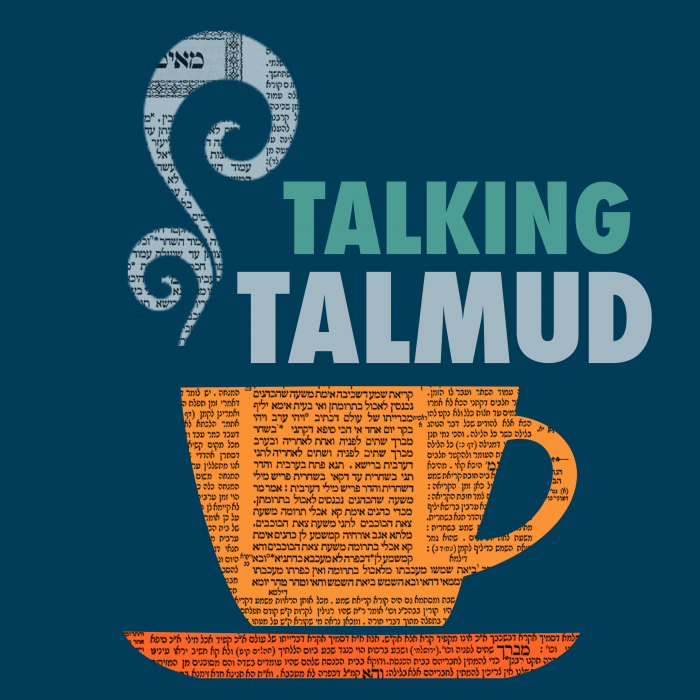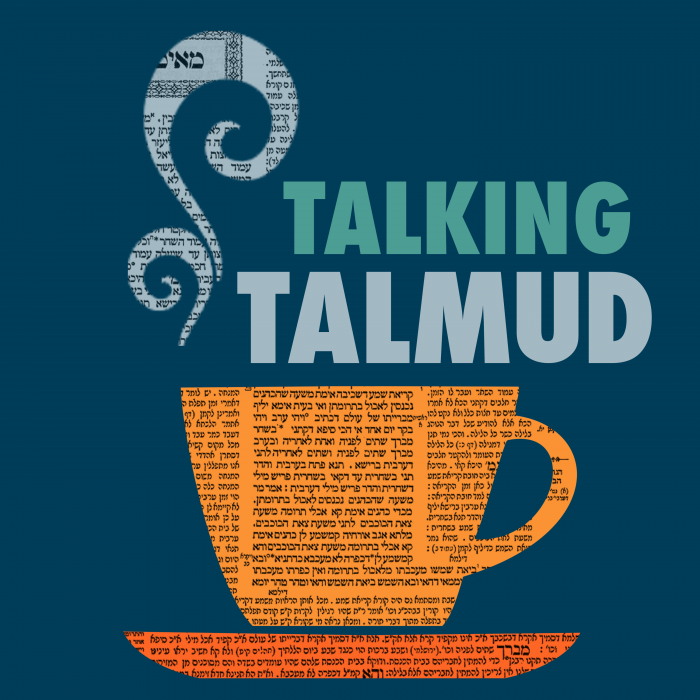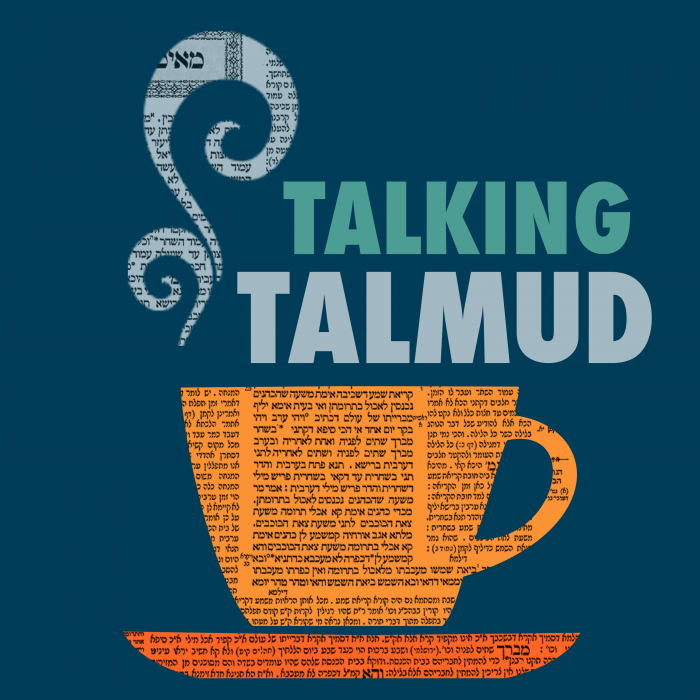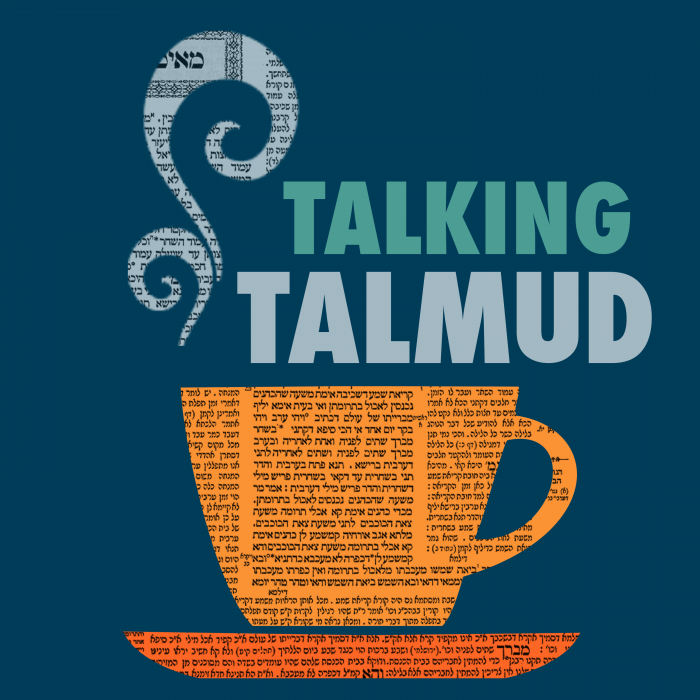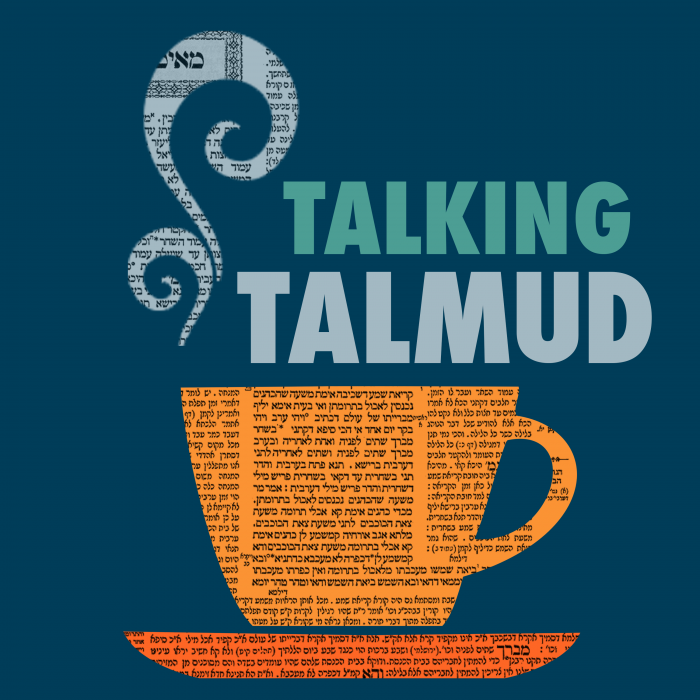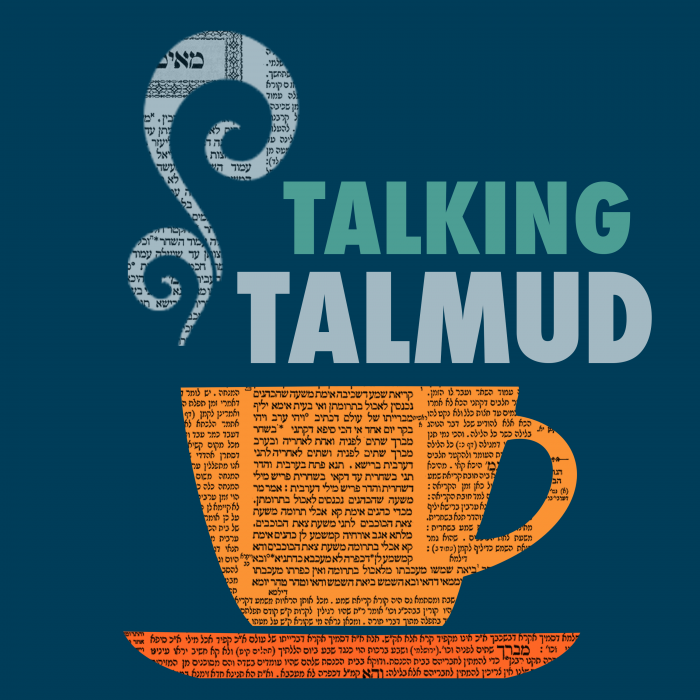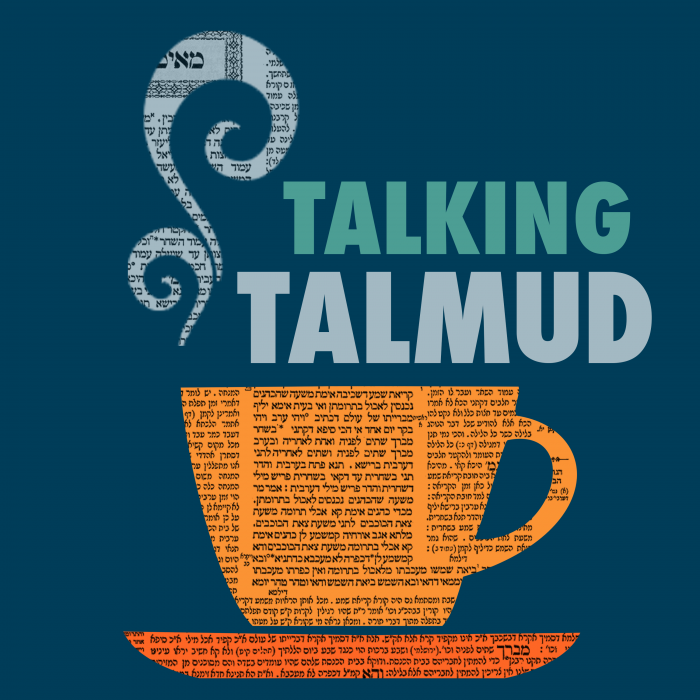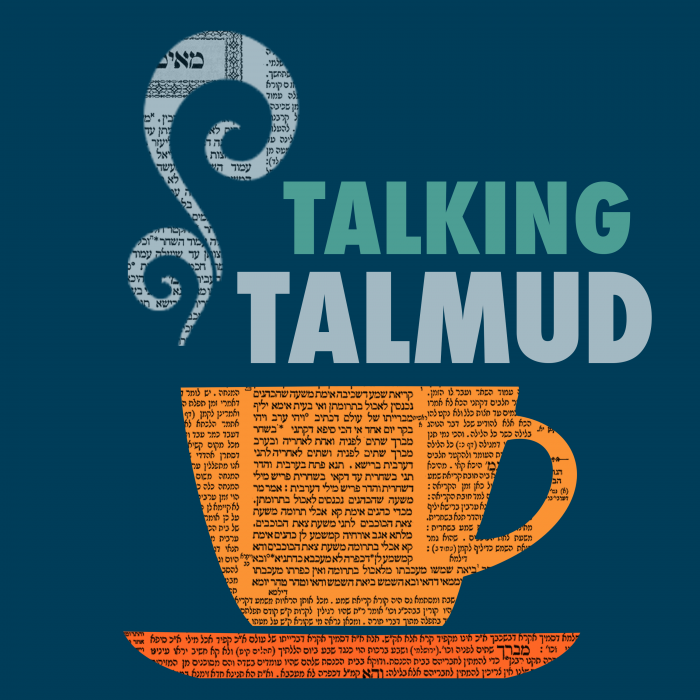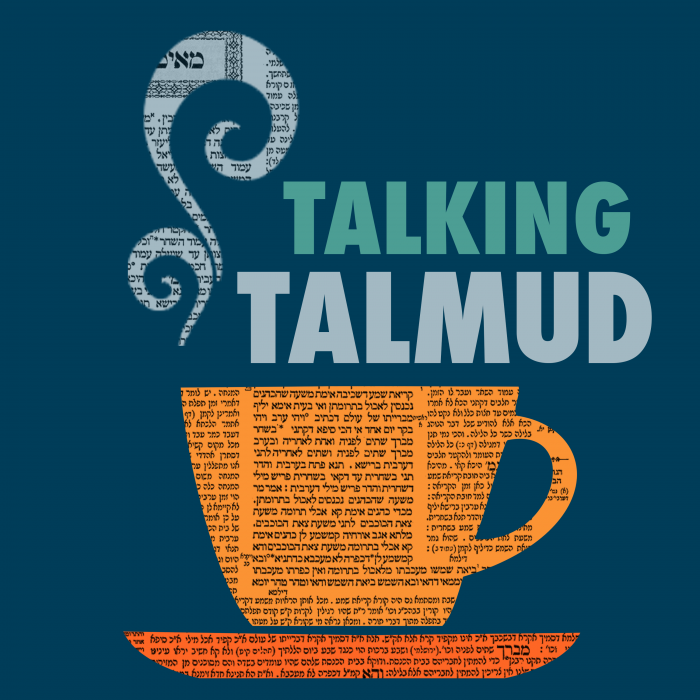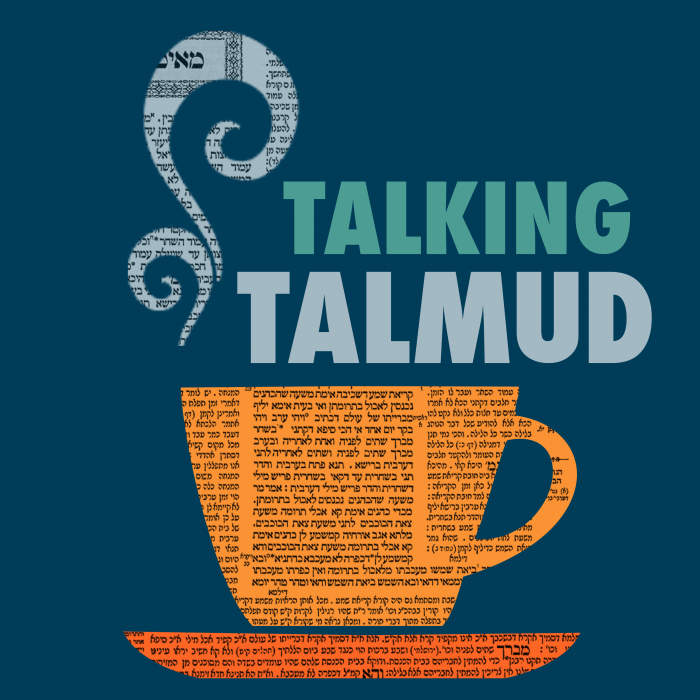Yevamot 36
דְּכׇל הָעוֹלֶה לְיִבּוּם — עוֹלֶה לַחֲלִיצָה, וְכֹל שֶׁאֵין עוֹלֶה לְיִבּוּם — אֵינוֹ עוֹלֶה לַחֲלִיצָה.
that anyone who is eligible for levirate marriage is eligible for ḥalitza and anyone who is not eligible for levirate marriage is not eligible for ḥalitza. Therefore, the original understanding of Rabbi Yoḥanan’s opinion, that both the intercourse and the ḥalitza of a pregnant woman are valid, was accurate.
אֶלָּא אָמַר רָבָא, הָכִי קָאָמַר: הַכּוֹנֵס יְבִמְתּוֹ וְנִמְצֵאת מְעוּבֶּרֶת — הֲרֵי זוֹ לֹא תִּנָּשֵׂא צָרָתָהּ, שֶׁמָּא יְהֵא וָלָד בֶּן קַיָּימָא. וּבִיאַת מְעוּבֶּרֶת לֹא שְׁמָהּ בִּיאָה, וַחֲלִיצַת מְעוּבֶּרֶת לֹא שְׁמָהּ חֲלִיצָה. וְהַוָּלָד אֵינוֹ פּוֹטֵר עַד שֶׁיֵּצֵא לַאֲוִיר הָעוֹלָם.
Rava therefore provides a different defense of Rabbi Yoḥanan’s opinion: Rather, Rava said that this is what the baraita is saying: In the case of one who consummates the levirate marriage with his yevama under the assumption that there is a mitzva to do so, and then she is found to have been pregnant at the time of the intercourse, a rival wife of this yevama may not marry lest the offspring be viable, and intercourse with a woman pregnant with viable offspring is not considered a valid consummation of levirate marriage through intercourse, and ḥalitza of a woman pregnant with viable offspring is not considered effective ḥalitza. And furthermore, even if the offspring is viable, it does not release her and her rival wives from the levirate bond until it comes into the air of the world, i.e., until it is actually born.
תַּנְיָא כְּווֹתֵיהּ דְּרָבָא: הַכּוֹנֵס יְבִמְתּוֹ וְנִמְצֵאת מְעוּבֶּרֶת — הֲרֵי זוֹ לֹא תִּנָּשֵׂא צָרָתָהּ, שֶׁמָּא יְהֵא וָלָד בֶּן קַיָּימָא, וְאֵין בִּיאָה וַחֲלִיצָה פּוֹטֶרֶת, אֶלָּא וָלָד פּוֹטֵר. וְהַוָּלָד אֵין פּוֹטְרָהּ עַד שֶׁיֵּצֵא לַאֲוִיר הָעוֹלָם.
It is taught in a baraita in accordance with the opinion of Rava: In the case of one who consummates a levirate marriage with his yevama, and then she is found to have been pregnant at the time of the intercourse, a rival wife of this yevama may not marry lest the offspring be viable. This is because intercourse or ḥalitza with a woman pregnant with viable offspring does not release a yevama from the levirate bond; rather, the offspring releases her. And furthermore, even if the offspring is viable, it does not release her and her rival wives from the levirate marriage bond until it comes into the air of the world.
טַעְמָא דְּשֶׁמָּא יְהֵא וָלָד בֶּן קַיָּימָא הוּא, הָא לָא הָוֵי וָלָד בֶּן קַיָּימָא מִיפַּטְרָא צָרָתָהּ, לֵימָא תֶּיהְוֵי תְּיוּבְתָּא דְּרֵישׁ לָקִישׁ!
The Gemara explains that the baraita appears to contradict Reish Lakish’s opinion: According to the baraita, the only reason that levirate marriage with the pregnant yevama does not permit the rival wife to marry is as the baraita stated: Lest the offspring be viable. By inference, were the offspring not viable, her rival wife would be released from the levirate bond. If so, let us say that this baraita is a conclusive refutation of the opinion of Reish Lakish.
אָמַר לָךְ רֵישׁ לָקִישׁ, הָכִי קָתָנֵי: הַכּוֹנֵס יְבִמְתּוֹ וְנִמְצֵאת מְעוּבֶּרֶת — הֲרֵי זוֹ לֹא תִּנָּשֵׂא צָרָתָהּ, שֶׁמָּא לֹא יְהֵא הַוָּלָד בֶּן קַיָּימָא, וַחֲלִיצַת מְעוּבֶּרֶת לֹא שְׁמָהּ חֲלִיצָה, וּבִיאַת מְעוּבֶּרֶת לֹא שְׁמָהּ בִּיאָה.
The Gemara defends Reish Lakish’s opinion: Reish Lakish could have said to you: This is what the baraita is teaching: In the case of one who consummates a levirate marriage with his yevama, and then she was found to have been pregnant at the time of the intercourse, a rival wife of this yevama may not marry lest the offspring not be viable, which would mean that all the rival wives are bound by the levirate bond. And even if one of those wives has intercourse or performs ḥalitza with the yavam, it would be ineffective in releasing them from the levirate bond because ḥalitza with a pregnant woman is not considered effective ḥalitza, and intercourse with a pregnant woman is not considered a valid consummation of levirate marriage through intercourse.
וְאִם תֹּאמַר: הַלֵּךְ אַחַר רוֹב נָשִׁים, וְרוֹב נָשִׁים וָלָד מְעַלְּיָא יָלְדָן, וָלָד אֵין פּוֹטֵר עַד שֶׁיֵּצֵא לַאֲוִיר הָעוֹלָם.
Reish Lakish explains the need for the final clause of the baraita: And even if you say: Let the wives marry without the need for any levirate marriage or ḥalitza because one should follow the majority of women, and the majority of women give birth to a full-fledged, i.e., viable, offspring, and therefore one should presume no levirate bond exists, to counter this claim the baraita concludes: Even if the offspring will be viable, an offspring does not release a yevama and her rival wives from the levirate bond until it comes into the air of the world.
אָמַר רַבִּי אֶלְעָזָר: אֶפְשָׁר אִיתָא לְהָא דְּרֵישׁ לָקִישׁ וְלָא תְּנַן לָהּ בְּמַתְנִיתִין? נְפַק, דַּק וְאַשְׁכַּח, דִּתְנַן: הָאִשָּׁה שֶׁהָלַךְ בַּעְלָהּ וְצָרָתָהּ לִמְדִינַת הַיָּם, וּבָאוּ וְאָמְרוּ לָהּ ״מֵת בַּעְלִיךְ״ — הֲרֵי זוֹ לֹא תִּנָּשֵׂא וְלֹא תִּתְיַיבֵּם עַד שֶׁתֵּדַע שֶׁמָּא מְעוּבֶּרֶת הִיא צָרָתָהּ.
Rabbi Elazar said: Is it possible that there is halakhic acceptance of this opinion of Reish Lakish and it was not hinted to by something taught in the Mishna? He went out of the study hall, carefully checked the mishnayot, and found one that supported Reish Lakish’s opinion, as we learned in a mishna: In the case of a woman whose husband and rival wife went overseas, and then witnesses came and said to her: Your husband died, and her husband had a brother, this woman may neither marry someone other than his brother, nor may she enter into levirate marriage with that brother, until she knows whether perhaps her rival wife is pregnant. If she discovers that her rival wife is not pregnant, she would then be able to perform levirate marriage or ḥalitza. If she discovers her rival wife is pregnant, she would have to wait to see if the pregnancy is viable. If it is found to be viable, only at that point would she be permitted to marry someone else.
בִּשְׁלָמָא יַבּוֹמֵי לָא — שֶׁמָּא יְהֵא וָלָד בֶּן קַיָּימָא, וְיִפְגַּע בְּאִיסּוּר אֵשֶׁת אָח דְּאוֹרָיְיתָא, אֶלָּא: לֹא תַּחְלוֹץ, אַמַּאי? בִּשְׁלָמָא תַּחְלוֹץ בְּתוֹךְ תִּשְׁעָה וְתִנָּשֵׂא בְּתוֹךְ תִּשְׁעָה — לָא, הַיְינוּ סָפֵק.
Rabbi Elazar explains how this mishna supports Reish Lakish’s opinion: Granted, she may not enter levirate marriage as perhaps her rival wife is pregnant and the offspring will be viable, and therefore by consummating the levirate marriage the yavam would encounter the Torah prohibition against engaging in relations with one’s brother’s wife. But why may she not perform ḥalitza? Granted, she may not perform ḥalitza during the first nine months following her husband’s death and then proceed to also marry during those nine months; this is prohibited due to the fact that there is the uncertainty whether her rival wife is pregnant with viable offspring, in which case she would be released from the levirate bond.
אֶלָּא תַּחְלוֹץ בְּתוֹךְ תִּשְׁעָה, וְתִנָּשֵׂא לְאַחַר תִּשְׁעָה.
But let her perform ḥalitza during the first nine months following her husband’s death and then wait to marry until after those nine months. By that point in time, even if the rival wife was pregnant she would have already given birth. If the offspring was viable, then it emerges that there was never a levirate bond, and if it is not viable, then she was released from her levirate bond through the ḥalitza she performed. Either way, she would now be permitted to remarry. Why, then, does the mishna not consider this possibility? Rabbi Elazar claims that the only explanation for this is if the mishna assumes that ḥalitza performed while one of the wives of the deceased is pregnant is not effective. As such, the mishna is a proof for Reish Lakish’s opinion.
וּלְטַעְמָיךְ: תַּחְלוֹץ וְתִנָּשֵׂא לְאַחַר תִּשְׁעָה!
The Gemara rejects Rabbi Elazar’s proof: But even according to your reasoning that ḥalitza with a pregnant woman is not effective, the mishna should have considered an additional possibility: Let her perform ḥalitza and marry, doing both after nine months have passed since the death of her husband. Doing so should be effective according to both Reish Lakish and Rabbi Yoḥanan.
אֶלָּא, בַּר מִינַּהּ דְּהַהִיא. דְּאַבָּיֵי בַּר אַבָּא וְרַב חִינָּנָא בַּר אַבָּיֵי דְּאָמְרִי תַּרְוַיְיהוּ: שֶׁמָּא יְהֵא וָלָד בֶּן קַיָּימָא, וְנִמְצָא אַתָּה מַצְרִיכָהּ כָּרוֹז לַכְּהוּנָּה.
Rather, the discussion of this topic should be held apart from that mishna, as the true reason for that mishna’s ruling is as it is Abaye bar Abba and Rav Ḥinnana bar Abaye who both say that she is prohibited from performing ḥalitza while one of the wives of the deceased is pregnant because perhaps the offspring will be viable, in which case any ḥalitza performed would be entirely unnecessary and therefore meaningless, and she would remain permitted to marry into the priesthood, as the opening mishna of the chapter rules. However, in this situation people might not realize that the ḥalitza she performed was meaningless, and they would think she is a ḥalutza, who is prohibited from marrying a priest. And it would therefore emerge that if she were allowed to perform ḥalitza while pregnant, it is possible that you will ultimately require a public announcement to be made for her to attest to the fact that she is in fact still permitted to marry into the priesthood.
וְלַצְרְכַהּ! דִּלְמָא אִיכָּא אִינִישׁ דְּהָוֵי בַּחֲלִיצָה וְלָא הָוֵי בְּהַכְרָזָה, וְאָתֵי לְמֵימַר: קָשָׁרֵי חֲלוּצָה לְכֹהֵן.
The Gemara wonders why this poses a problem: But why not let her perform ḥalitza while still pregnant, and then if it becomes necessary, require a public announcement to be made for her? The Gemara explains why one should avoid having to rely on a public announcement: Perhaps there were some people who were present at the ḥalitza and were not present at the public announcement, and when the courts permit her to marry a priest they might come to say that they are permitting a ḥalutza to marry a priest.
אֲמַר לֵיהּ אַבָּיֵי: מִידֵּי ״לֹא תַּחְלוֹץ וְלֹא תִּתְיַיבֵּם״ קָתָנֵי? ״לֹא תִּנָּשֵׂא וְלֹא תִּתְיַיבֵּם״ קָתָנֵי, בְּלֹא חֲלִיצָה, אֲבָל אִי חָלֵיץ לַהּ — הָכִי נָמֵי דְּשַׁרְיָא.
Abaye suggests another rejection of Rabbi Elazar’s proof from that mishna: Abaye said to Rabbi Elazar: The very formulation of the mishna refutes Reish Lakish’s opinion, as does the mishna teach that she may neither perform ḥalitza nor enter into levirate marriage? No, the mishna teaches only that she may neither be married nor enter into levirate marriage, which implies only that she may not marry without first performing ḥalitza, but if the yavam performs ḥalitza with her, she would indeed be permitted to marry after nine months have passed since her husband’s death. This understanding of the mishna undermines the basis of Rabbi Elazar’s proof from the mishna.
תַּנְיָא כְּווֹתֵיהּ דְּרֵישׁ לָקִישׁ: הַחוֹלֵץ לִמְעוּבֶּרֶת וְהִפִּילָה — צְרִיכָה חֲלִיצָה מִן הָאַחִין.
Even if that mishna does not support Reish Lakish’s opinion, nevertheless it is taught in a baraita in accordance with the opinion of Reish Lakish: In the case of one who performs ḥalitza with a pregnant woman and she miscarries, she requires another ḥalitza with the brothers in order to release her from the levirate bond. The baraita assumes that the original ḥalitza is ineffective because it was done while she was still pregnant, which is in accordance with the opinion of Reish Lakish.
אָמַר רָבָא: הִלְכְתָא כְּווֹתֵיהּ דְּרֵישׁ לָקִישׁ בְּהָנֵי תְּלָת: חֲדָא — הָא דַּאֲמַרַן. אִידַּךְ, דִּתְנַן: הַמְחַלֵּק נְכָסָיו עַל פִּיו, רִיבָּה לְאֶחָד וּמִיעֵט לְאֶחָד, וְהִשְׁוָה לָהֶם אֶת הַבְּכוֹר — דְּבָרָיו קַיָּימִין.
Rava said: The halakha is in accordance with the opinion of Reish Lakish in these three disputes: One, this dispute that we already stated with regard to the ḥalitza of a pregnant woman. The other dispute concerns that which we learned in a mishna: In the case of one who verbally divides up his possessions among his descendants, stating how he wishes his estate to be divided after his death, if he increases the proportion of his estate that should go to one of his children or decreases the proportion of his estate that should go to another one of his children, or if he equally distributes between them the double portion of the firstborn, then his words are binding.
וְאִם אָמַר מִשּׁוּם יְרוּשָּׁה — לֹא אָמַר כְּלוּם. כָּתַב, בֵּין בַּתְּחִלָּה בֵּין בַּסּוֹף בֵּין בָּאֶמְצַע, מִשּׁוּם מַתָּנָה — דְּבָרָיו קַיָּימִין.
But if he said explicitly that the receipt of those portions should be considered as an inheritance, then it as though the verbal division of his property that he said is nothing, i.e., it is non-binding, since his words directly contradict the halakhot of inheritance as they are written in the Torah. However, if he wrote a will and somewhere therein he wrote, whether at the beginning, whether at the end, or whether in the middle, that the receipt of the portions should be considered as a gift, as opposed to an inheritance, then his words are binding.
וְאָמַר רֵישׁ לָקִישׁ — לְעוֹלָם לֹא קָנָה עַד שֶׁיֹּאמַר ״פְּלוֹנִי וּפְלוֹנִי יִרְשׁוּ שָׂדֶה פְּלוֹנִית וּפְלוֹנִית שֶׁנְּתַתִּים לָהֶם בְּמַתָּנָה וְיִרָשׁוּם״.
Reish Lakish and Rabbi Yoḥanan dispute whether one must state that the receipt of the portions should be considered as a gift with regard to each recipient, or whether stating it with regard to one of them is enough to indicate that it is true for all. And Reish Lakish said: The inheritors will only ever acquire the portions as defined by the owner of the possessions once he says: So-and-so and so-and-so shall inherit such and such a field and such and such a field that I have given to them as a gift, and they shall inherit them, i.e., he must state explicitly for each recipient that their receipt of the portions should be considered a gift. Rava ruled that in this dispute as well, the halakha is in accordance with Reish Lakish.
וְאִידַּךְ, דִּתְנַן: הַכּוֹתֵב כׇּל נְכָסָיו לִבְנוֹ לְאַחַר מוֹתוֹ, הָאָב אֵינוֹ יָכוֹל לִמְכּוֹר — מִפְּנֵי שֶׁנְּתָנָן לַבֵּן, וְהַבֵּן אֵינוֹ יָכוֹל לִמְכּוֹר — מִפְּנֵי שֶׁהֵן בִּרְשׁוּת הָאָב. מָכַר הָאָב — מְכוּרִין עַד שֶׁיָּמוּת הוּא, מָכַר הַבֵּן — אֵין לַלּוֹקֵחַ כְּלוּם עַד שֶׁיָּמוּת הָאָב.
And the other dispute concerns that which we learned in a mishna: In the case of one who writes a bill transferring ownership of all of his possessions to his son stating that the transfer should take effect immediately so that the son should gain the rights to use the possessions after his death, then although the father retained for himself the right to use the possessions until his death, he is unable to sell the possessions due to the fact that he gave them to the son, and the son is unable to sell the possessions due to the fact that they are still in the father’s possession. If the father sold the possessions, then they are sold to the extent that the purchaser may use them until the father dies. If the son sold the possessions during his father’s lifetime, the purchaser does not receive any rights to use the possessions until the father dies.
וְאִיתְּמַר: מָכַר הַבֵּן בְּחַיֵּי הָאָב, וּמֵת הַבֵּן בְּחַיֵּי הָאָב. רַבִּי יוֹחָנָן אָמַר: לֹא קָנָה לוֹקֵחַ, וְרֵישׁ לָקִישׁ אָמַר: קָנָה לוֹקֵחַ.
And an amoraic dispute was stated in the case in which the son sold the possessions during the father’s lifetime, and then the son died during the father’s lifetime, following which the father died as well. Rabbi Yoḥanan said: The purchaser does not acquire anything, and Reish Lakish said: The purchaser does acquire the possessions.
רַבִּי יוֹחָנָן אָמַר לֹא קָנָה לוֹקֵחַ — קִנְיַן פֵּירוֹת כְּקִנְיַן הַגּוּף דָּמֵי.
The Gemara explains their reasoning: Rabbi Yoḥanan said that the purchaser does not acquire anything, because he holds that the ownership of the rights to an item and its produce is tantamount to the ownership of the item itself, i.e., the actual title to it. Since the father retained the rights to use the possessions until his death, as long as he lives he is considered to hold the title to them. Therefore, the son’s sale can be effective only after the father’s death, at which point the son becomes the title owner. However, if the son dies first, then since he never gained the title to the items, his sale can never come to fruition.
וְרֵישׁ לָקִישׁ אָמַר קָנָה לוֹקֵחַ — קִנְיַן פֵּירוֹת לָאו כְּקִנְיַן הַגּוּף דָּמֵי.
And Reish Lakish said: The purchaser does acquire the possessions, as Reish Lakish holds that the ownership of the rights to an item and its produce is not tantamount to the ownership of the item itself, i.e., the actual title to it. Therefore, although the father is still alive, the son immediately gains the full title to the possessions, which he may sell to someone else. Nevertheless, since the father retains the rights to use the possessions, the purchaser may use the possessions he acquired only when the father dies.
אֵין הַוָּלָד שֶׁל קַיָּימָא כּוּ׳. תָּנָא: מִשּׁוּם רַבִּי אֱלִיעֶזֶר אָמְרוּ — יוֹצִיא בְּגֵט.
§ The mishna states that if a yavam consummates a levirate marriage with his yevama while she is pregnant, if it emerges that the offspring is not viable then he may maintain her as his wife because his intercourse with her was a valid consummation of levirate marriage. An opposing opinion is taught in a baraita: In the name of Rabbi Eliezer they said: He must send her out with a bill of divorce. Although it emerged that the levirate marriage took effect, since at the time he consummated the levirate marriage it was prohibited to do so because the yevama was pregnant, he is therefore penalized and required to separate from her.
אָמַר רָבָא: רַבִּי מֵאִיר וְרַבִּי אֱלִיעֶזֶר אָמְרוּ דָּבָר אֶחָד: רַבִּי אֱלִיעֶזֶר הָא דַּאֲמַרַן.
Rava said: Rabbi Meir and Rabbi Eliezer said the same thing, i.e., they both expressed the same opinion that if one marries a woman whom he is prohibited from marrying, he is penalized and required to divorce her, even if the reason for the prohibition no longer applies. Rabbi Eliezer’s opinion was expressed in this ruling we have just stated.
רַבִּי מֵאִיר דְּתַנְיָא: לֹא יִשָּׂא אָדָם מְעוּבֶּרֶת חֲבֵירוֹ, וּמֵינֶקֶת חֲבֵירוֹ. וְאִם נָשָׂא — יוֹצִיא וְלֹא יַחְזִיר עוֹלָמִית, דִּבְרֵי רַבִּי מֵאִיר. וַחֲכָמִים אוֹמְרִים: יוֹצִיא, וְלִכְשֶׁיַּגִּיעַ זְמַנּוֹ לִכְנוֹס — יִכְנוֹס.
Where was Rabbi Meir’s opinion expressed? As it is taught in a baraita: A man may not marry a woman who is pregnant with the child of another man, nor a woman who is nursing the child of another man. And if he transgressed and married her, he is penalized for violating the prohibition, and he must divorce her with a bill of divorce, and he may never take her back; this is the statement of Rabbi Meir. And the Rabbis say: He must send her out, and when the time comes in which it is permitted to marry her, i.e., after the child is weaned, he may then marry her again.
אֲמַר לֵיהּ אַבָּיֵי: מִמַּאי? דִּלְמָא לָא הִיא, עַד כָּאן לָא קָאָמַר רַבִּי אֱלִיעֶזֶר הָכָא, אֶלָּא מִשּׁוּם דְּקָפָגֵע בְּאִיסּוּר אֵשֶׁת אָח דְּאוֹרָיְיתָא, אֲבָל הָתָם דְּרַבָּנַן — כְּרַבָּנַן סְבִירָא לֵיהּ!
Abaye said to him: From where do you deduce that they are of one opinion? Perhaps that is not so, as it is possible that Rabbi Eliezer states his ruling only here, in the case of a yavam who consummated a levirate marriage with his yevama while she was still pregnant, due to the fact that by doing so he risks the possibility that the offspring will be viable, in which case he encounters the Torah prohibition against engaging in relations with one’s brother’s wife. However, there, in the case where one married a woman who is pregnant with the child of another man, which is a rabbinic prohibition, it is possible that he holds in accordance with the opinion of the Rabbis who argue with Rabbi Meir.
אִי נָמֵי: עַד כָּאן לָא קָאָמַר רַבִּי מֵאִיר הָתָם, אֶלָּא מִשּׁוּם דְּרַבָּנַן, וַחֲכָמִים עָשׂוּ חִיזּוּק לְדִבְרֵיהֶם יוֹתֵר מִשֶּׁל תּוֹרָה, אֲבָל הָכָא מִדְּאוֹרָיְיתָא — מִפְרָשׁ פָּרְשִׁי מִינַּהּ.
Alternatively, it is also possible that Rabbi Meir states his ruling only there, in the case where one married a woman who is pregnant with the child of another man, due to the fact that doing so is a violation of a rabbinic prohibition, and therefore it is possible that this is one of the cases in which the Sages reinforced their pronouncements with greater severity than prohibitions of Torah law so that people would not treat them lightly. However, here, in the case of a yavam who consummated a levirate marriage with his yevama while she was still pregnant, where there was a risk of transgressing a prohibition written in the Torah, since people are generally careful to distance themselves from a Torah prohibition, there is no need to further penalize someone who nevertheless transgressed.
אָמַר רָבָא, וּלְדִבְרֵי חֲכָמִים: יוֹצִיאָהּ בְּגֵט. אָמַר מָר זוּטְרָא: דַּיְקָא נָמֵי, דְּקָתָנֵי: ״יוֹצִיא״, וְלָא קָתָנֵי: ״יַפְרִישׁ״. שְׁמַע מִינַּהּ.
Rava said: According to the statement of the Rabbis who dispute Rabbi Meir and require one who married a pregnant woman to send her out, the intention is that he must send her out with a bill of divorce and not merely separate from her. Mar Zutra said: The language the Rabbis used is also precise, as they teach: He must send her out, and they do not teach: He must separate himself from her. Conclude from here that Rava’s claim is correct.
אֲמַר לֵיהּ רַב אָשֵׁי לְרַב הוֹשַׁעְיָא בְּרֵיהּ דְּרַב אִידִי: הָתָם תְּנַן, רַבָּן שִׁמְעוֹן בֶּן גַּמְלִיאֵל אוֹמֵר: כׇּל שֶׁשָּׁהָא בְּאָדָם שְׁלֹשִׁים יוֹם — אֵינוֹ נֵפֶל. הָא לָא שְׁהָא — סְפֵיקָא הָוֵי.
Rav Ashi said to Rav Hoshaya, son of Rav Idi: We learned in a baraita there that Rabban Shimon ben Gamliel says: Any human baby that survives for thirty days after its birth is not to be considered a stillbirth. Rather, the baby is considered to be viable, and so the wife of the baby’s father is never subject to any obligation of levirate marriage. But, by inference, were it not to survive for thirty days, there would be uncertainty whether the baby was viable or not.
וְאִיתְּמַר: מֵת בְּתוֹךְ שְׁלֹשִׁים יוֹם, וְעָמְדָה וְנִתְקַדְּשָׁה,
And an amoraic dispute was stated in the case in which the only offspring of a man died during the first thirty days of its life, and the widow, under the misconception that she was exempt from any obligation of levirate marriage, arose and was betrothed.
רָבִינָא מִשְּׁמֵיהּ דְּרָבָא אָמַר: אִם אֵשֶׁת יִשְׂרָאֵל הִיא — חוֹלֶצֶת, וְאִם אֵשֶׁת כֹּהֵן הִיא — אֵינָהּ חוֹלֶצֶת.
Ravina said in the name of Rava: If she became the wife of an Israelite, i.e., the man who betrothed her was not a priest, then she performs ḥalitza with the yavam due to the uncertainty whether or not the offspring was viable, and then they may remain married. But if she became the wife of a priest, she does not perform ḥalitza with him because if she were to do so, she would become a ḥalutza and would therefore be prohibited from remaining married to her husband, who is a priest. Therefore, in this case, in order to allow her to remain married to her husband, the Sages did not require her to be concerned for the possibility that the offspring was not viable.
רַב מְשַׁרְשְׁיָא מִשְּׁמֵיהּ דְּרָבָא אָמַר: אַחַת זוֹ וְאַחַת זוֹ — חוֹלֶצֶת.
The Gemara cites a different version of Rav’s opinion: Rav Mesharshiyya said in the name of Rava: Both this woman and that woman perform ḥalitza, even though by doing so, if she was betrothed to a priest, she would become forbidden to him.
אֲמַר לֵיהּ רָבִינָא לְרַב מְשַׁרְשְׁיָא:
Ravina said to Rav Mesharshiyya:



